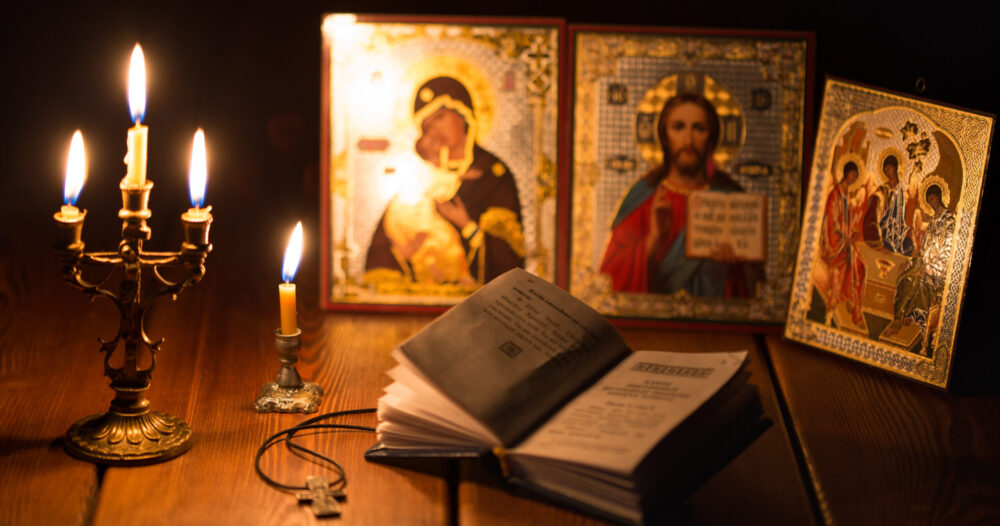The St. Paisios Brotherhood is for men. Visit our webpage at:stpaisiosbrotherhood.com and sign in for tons of resources to assist you in becoming the man God intended you to be.


The St. Paisios Brotherhood is for men. Visit our webpage at:stpaisiosbrotherhood.com and sign in for tons of resources to assist you in becoming the man God intended you to be.




The blessing of the waters of the Myakka River

What follows is not a comprehensive guide to how to the study the Bible, but it is a collection of previous articles into one post, so that they can be easily accessed.
First, a talk that covers why we should study the Scriptures, as well as some of the basics about how we should do so.
See more here: How to study the Scriptures